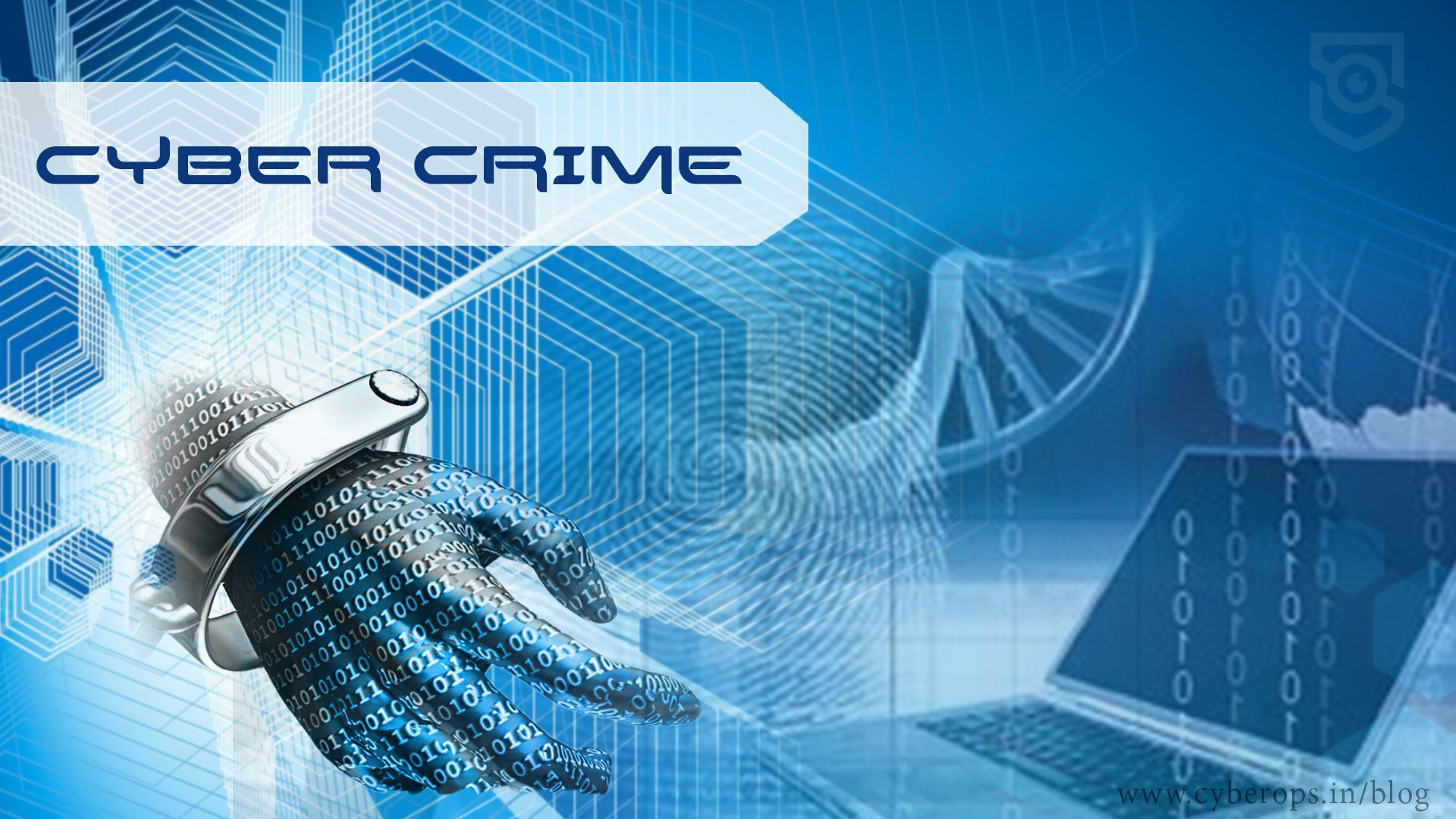Ph.D. in Cyber Law: Introduction, Admission, Registration, Eligibility, Duration, Fees, Syllabus 2024

Introduction:
Cyber Law is an emerging field that addresses legal issues related to the internet, technology, and cybersecurity. A Ph.D. in Cyber Law prepares scholars to tackle complex legal challenges in the digital age.
Admission Process:
- Application Submission: Fill out the application form with accurate details.
- Transcripts: Submit transcripts from all previous academic institutions.
- Research Proposal: Provide a detailed proposal of your intended research.
- Letters of Recommendation: Obtain strong recommendations from legal professionals or academics.
- Interview: Prepare for a comprehensive interview with the admissions committee.
Eligibility:
- Law Degree: A J.D. or equivalent law degree is usually required.
- Professional Experience: Experience in legal practice, particularly in technology law.
- Research Background: Demonstrated ability in legal research and writing.
- Technical Knowledge: Understanding of technology and cybersecurity concepts.
- Academic Merit: A strong academic record, especially in law and related fields.
Completion Time:
The program typically takes 3-5 years to complete, including coursework, comprehensive exams, and dissertation research.
Career Opportunities:
- Legal Scholar: Conduct research and teach at universities.
- Policy Advisor: Develop policies for government or private organizations.
- Legal Consultant: Advise companies on cybersecurity and data privacy.
- Technology Lawyer: Specialize in cases involving technology and the internet.
- Cybersecurity Analyst: Work on legal aspects of cybersecurity.
Syllabus:
- Internet Governance: Study of regulations that govern the internet.
- Data Privacy Laws: In-depth analysis of privacy laws and regulations.
- Intellectual Property: Exploration of IP rights in the digital environment.
- Cybercrime Legislation: Understanding laws related to cybercrimes.
- International Cyber Law: Comparative study of cyber laws across different jurisdictions.
Internship Opportunities:
- Law Firms: Intern with firms specializing in technology law.
- Tech Companies: Work in legal departments dealing with digital issues.
- Government Agencies: Experience in regulatory bodies or legislative offices.
- Non-profits: Engage with organizations focused on digital rights.
- International Organizations: Opportunities with groups like the UN or EU.
Scholarships and Grants:
- Law School Scholarships: Financial aid from law schools for doctoral candidates.
- Research Fellowships: Funding for specific legal research projects.
- Government Grants: Public funds for studies in law and technology.
- Private Foundations: Awards from organizations promoting legal studies.
- Cybersecurity Scholarships: Scholarships specifically for studies in cybersecurity law.
FAQs:
What is the importance of a Ph.D. in Cyber Law?
It equips legal scholars with the expertise to navigate and shape the laws that govern our increasingly digital world.
Can I pursue this Ph.D. without a background in technology?
Yes, but a foundational understanding of technology will be beneficial.
What kind of dissertation topics are common in Cyber Law?
Topics often involve data privacy, intellectual property in the digital age, and international cybercrime legislation.
Are there opportunities for interdisciplinary research?
Absolutely, Cyber Law often intersects with business, technology, and public policy.
How does a Ph.D. in Cyber Law differ from other law doctorates?
It focuses specifically on legal issues arising from the digital environment and technology use.
